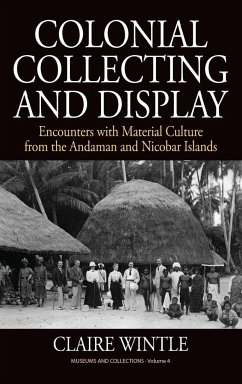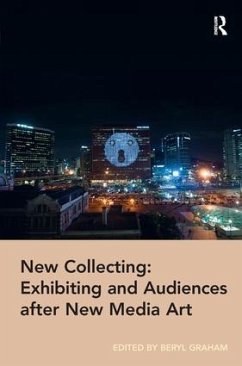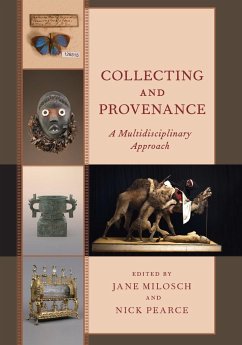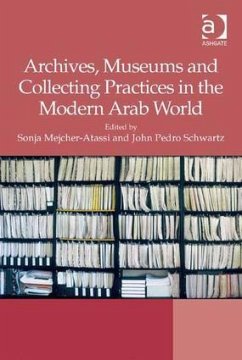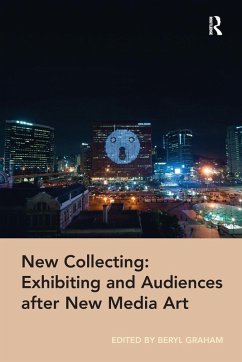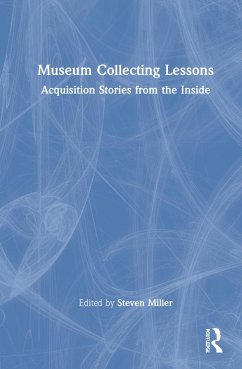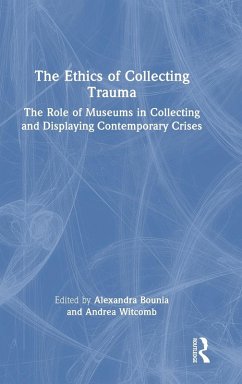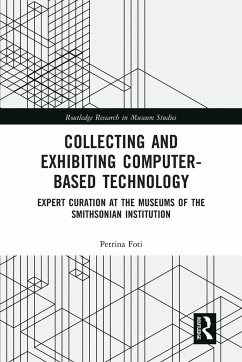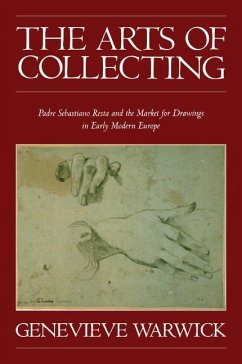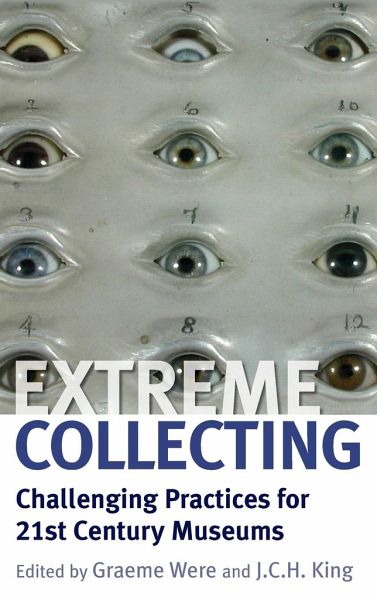
Extreme Collecting
Challenging Practices for 21st Century Museums
Herausgeber: Were, Graeme; King, J. C. H.
Versandkostenfrei!
Versandfertig in 1-2 Wochen
131,99 €
inkl. MwSt.

PAYBACK Punkte
66 °P sammeln!
By exploring the processes of collecting, which challenge the bounds of normally acceptable practice, this book debates the practice of collecting 'difficult' objects, from a historical and contemporary perspective; and discusses the acquisition of objects related to war and genocide, and those purchased from the internet...
A comprehensive debate from a historical and contemporary perspective on the practice of collecting difficult objects Offers a new perspective on the acquirement of objects related to war and genocide Evaluates the limits of new strategies for the practice of collecting Details the move towards classifying priorities for collection policies in museums for acquiring difficult objects



